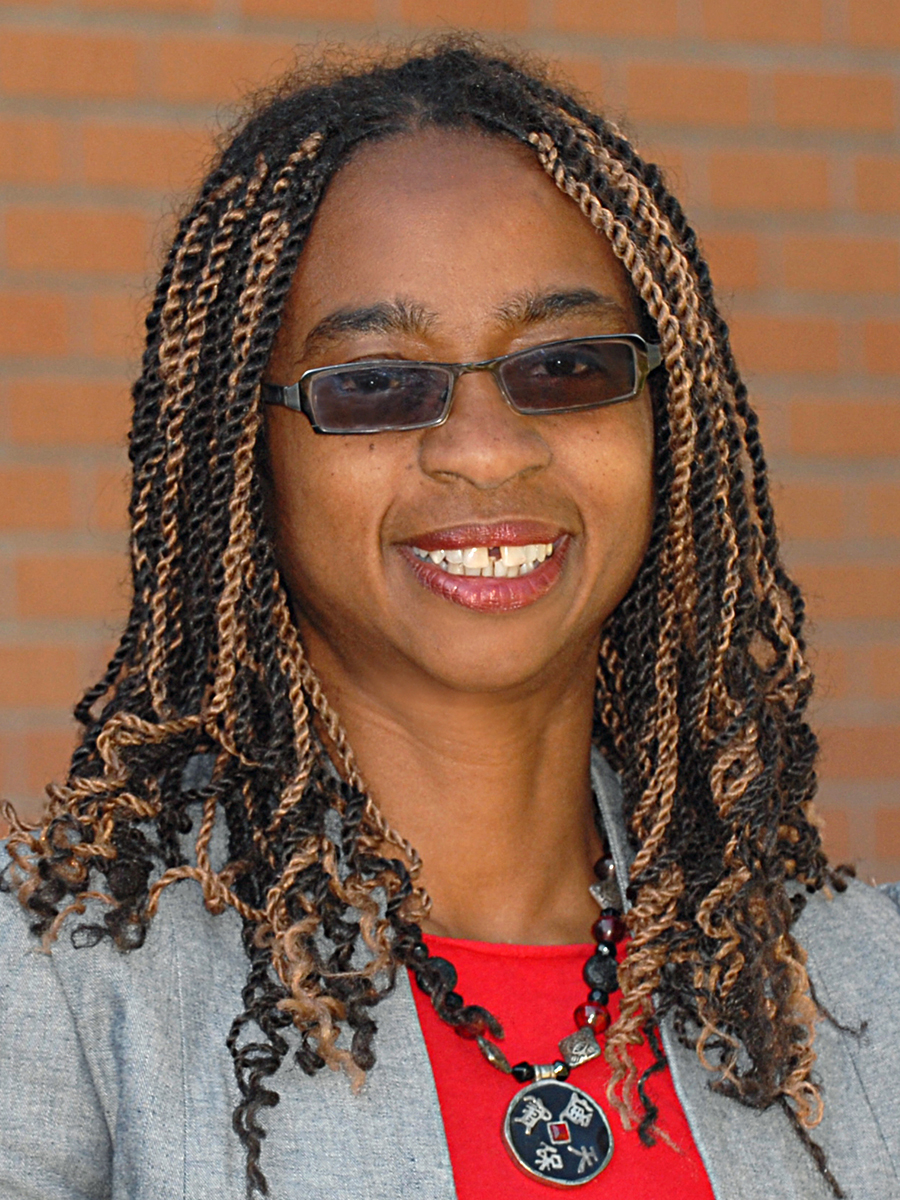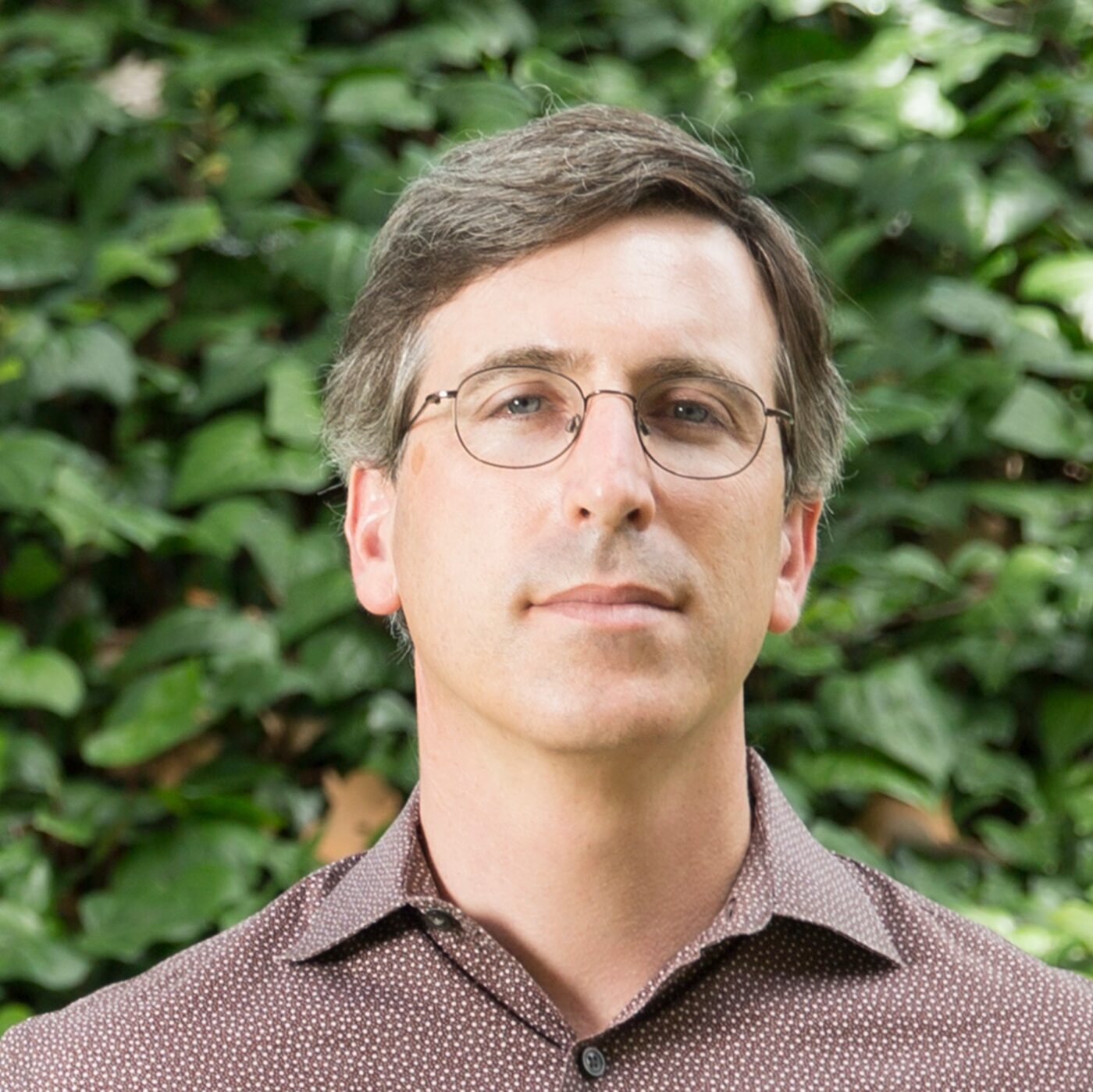Here at the Blog we’re trying out a new idea: inviting a rotating pair of “Guest Editors” to help steer our editorial process. Guest Editors will join our editorial board (scroll down) for six months at a time. Our first Guest Editors are Angela Harris, Distinguished Professor of Law at UC Davis, and Noah Zatz, Professor of Law at UCLA. In this post they introduce their goals.
We are excited to join the editorial board of the LPE blog as its first guest editors! Over the next six or so months, we’ll be helping to develop content and lend our voices to the continuing conversation as insiders. As we take on this new institutional position, we wanted to share some of the particular interests we hope to pursue during our tenure.
One thread we’d like to continue exploring on the blog is the relationship between LPE and race/racism. The COVID-19 pandemic has exposed many of the political, economic, and social structures that leave BIPOC (Black, Indigenous, and people of color) communities disproportionately vulnerable to premature disease and death. Meanwhile, the Movement for Black Lives has led an extraordinary series of uprisings in the US and abroad over state violence in the service of white supremacy. In this historical moment, the time is right for a series of overlapping conversations.
For instance, what do these developments mean for the way we do our research and teaching in the legal academy? Just in recent months, there has been an explosion of new conversations among our faculty colleagues on how and why race and racism get erased from certain courses, and how to put it back in. How do these new pedagogical conversations relate to or build on distinguished scholarly traditions like critical race theory and LatCrit, which have long criticized the “imperial scholar” and sought to decolonize scholarship on race? How do new endeavors to engage students in the co-creation of teaching and learning materials follow in the footsteps (or not) of feminist pedagogy? What’s new and what’s old in how we navigate race and racism in our academic spaces?
Of particular interest to us is the surge of recent writing, largely outside of law, on “racial capitalism.” As we understand it, one of the key features of the new racial capitalism literature is its emphasis on racially structured economic extraction, including scholarship developing the concept of “predatory inclusion.” One of us, relatedly, has mused on the value of placing “extraction” and “waste” next to “reproduction” in the context of sex-gender relations. For legal analysis especially, the racial capitalism frame potentially complements the traditional location of racial critique within antidiscrimination frameworks that emphasize exclusion. How does thinking about economic inclusion as a form of extraction relate to thinking within CRT and feminist legal theory? Are extraction and exclusion competing or complementary objects of study?
Racial capitalism as a frame for thinking about the confluence of capitalism and white supremacy, of course, raises (again) boundary and border questions.
For example, how does the racial capitalism frame relate to other potential ways of thinking about the cheapening of human life under capitalism – such as “caste”, religion, settler colonialism, empire, orientalism, indigeneity?
We think these theoretical questions have broad significance for LPE in ways that go deeper than simply “factoring in” race. For instance, centering the role of racialized state violence as a mechanism of economic extraction may complicate LPE’s engagement with “the market.” Should we conceptualize the carceral system as “outside the market,” or, like social reproduction, as a set of “below the line” institutions without which markets as we know them would collapse? As another example, this blog’s signature image of Mr. Moneybags represents in visual form the stance of much LPE writing to date, which imagines “democracy” as (market) inequality’s counterweight. Taking seriously the political economy of white supremacy may push us to think more deeply about what democracy actually means and whether it is possible in the US – a reckoning Derrick Bell urged on us long ago.
Finally, LPE friends Amna Akbar, Sameer Ashar, and Jocelyn Simonson have recently encouraged us as scholars to align our work more intentionally with the work of movement thought leaders. What’s new in the borderlands between scholarly work and advocacy? What can we share with our allies in M4BL, Idle No More, Just Transition, and other “movements of movements” to move the ball forward, away from what often feels like a paralyzing repetition of spectacles of Black and brown death and towards a world in which we might center BIPOC joy and flourishing?
We plan to explore these and related questions through a variety of formats, from one-off posts by new and established thinkers inside and outside the academy, to an interview series with intellectual elders, to our own occasional posts. In the meantime, we have begun planning two symposia for the LPE Blog.
First, in light of this summer’s uprising in the wake of police killings of George Floyd and Breonna Taylor, we plan to explore how a racial capitalism lens can enhance how we understand and respond to policing as an institution of racialized state violence. What role does policing play in connecting injury and death inflicted upon Black bodies with the production and preservation and white wealth?
Second, we are planning a symposium to engage with recent demands for universal social provision —in health care, education, and housing. Do these public “for all” calls adequately grapple with historical and ongoing forms of racialized dispossession, including through supposedly-neutral state and market actions? If not, can targeted policies such as reparations survive under the political cover of universalist proposals, as some proponents of “targeted universalism” have suggested? In different ways, both these symposia may provide opportunities to engage with a question one of us asked in an early post: “Is ‘the market’ the enemy?” We are working with the rest of the LPE Blog team, including our wonderful new student editors, to develop other ideas as well. We welcome ideas from readers, including but not limited to any prompted by the thoughts sketched above. Pitch us! We are excited to begin.




